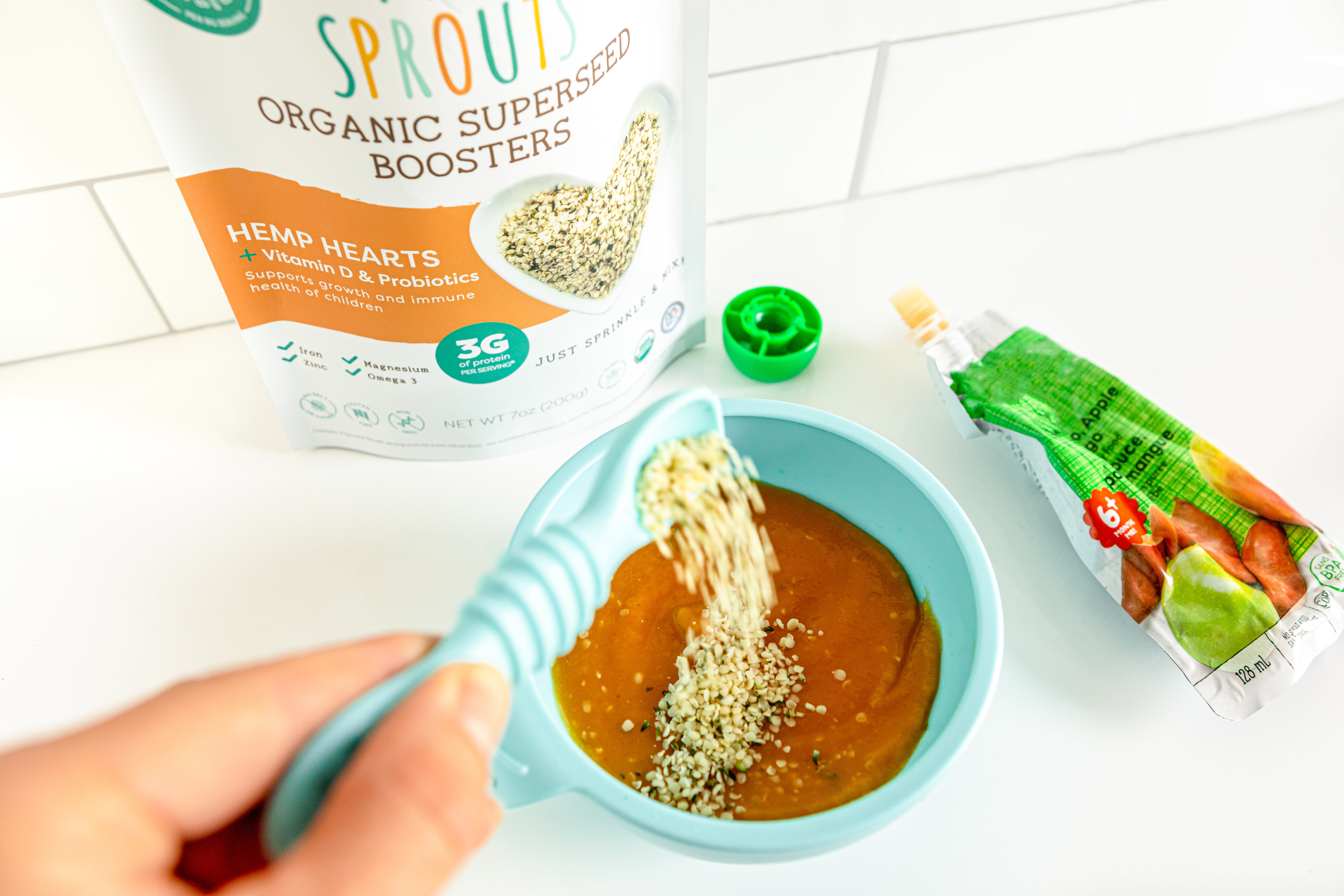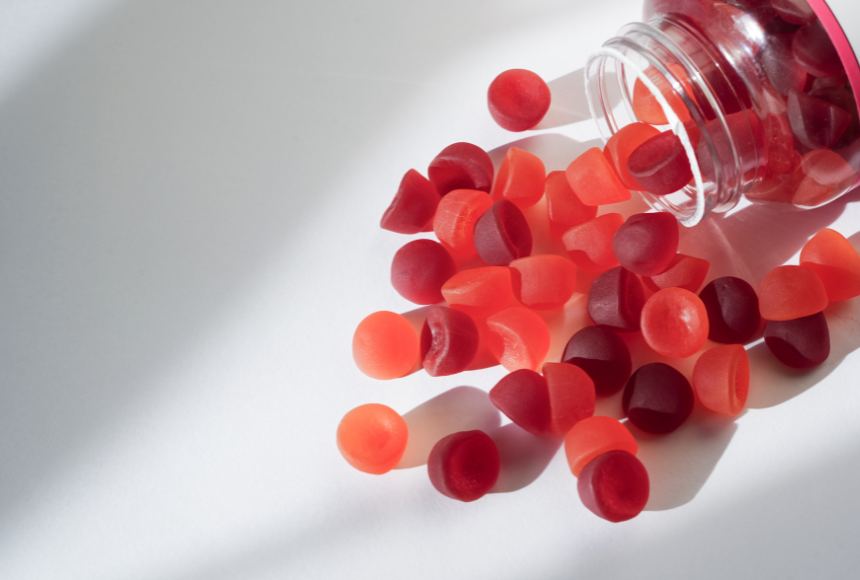The Importance of the First 1,000 Days: Why What We Feed Our Infants & Toddlers Is So Important
by: Kerry Jones, MPH, RDN, LDN - Nutrition Consultant for Tiny Sprouts Foods
The first 1,000 days of life starting at the time of conception until a child’s second birthday has been identified as a critical ‘window of opportunity’ to impact the health, well-being, and development of not only children, but societies as a whole.1 Research starting as early as 2010 has shown us that how well pregnant women, infants, and toddlers are cared for and nourished has a profound effect on children’s lifelong ability to grow, learn and thrive.1
The first 1,000 days of life is a time of rapid growth and development. In fact, there is no other time of life where growth is as rapid as during the first 1,000 days. At just 16 days after conception, the neural tube (what will become our child’s brain and spine) forms. 2 Four weeks into pregnancy, your baby’s brain as an estimated 10,000 cells, but by the 24th week of pregnancy, it contains 10 billion cells. 2 After your baby is born, their brain continues to grow and develop rapidly. Throughout early childhood, a child’s brain creates more than 1 million new synapses–the connections that allow brain cells to communicate with one another–every second. 2 This rate is faster than any other time in a life. 2 But it is not just your little one’s brain that is growing rapidly during the first 1,000 days of life. Most infants triple their birthweight and grow to be 1.5 times their birth length by their first birthday.

About the author:

Kerry Jones, MPH, RDN, LDN is a pediatric & maternal registered dietitian, nutrition consultant for Tiny Sprouts Foods, and owner of Milestones Pediatric & Maternal Nutrition. Her goal is to help transition women into motherhood and then continue to support them and their children as they grow. Learn more about nutrition for your family at www.milestonesnutrition.com.
Disclaimer: The information contained in this blog is based on the experience of the author and science-based research. It is not intended to replace medical advice or diagnosis from a physician or other medical provider. This blog is not intended as a substitute for a consultation with a physician or other healthcare provider. The author is not responsible for any adverse effects or consequences resulting from the use of any suggestions discussed in this blog. It is important to talk to your doctor or your child’s pediatrician prior to starting any new medications or supplements.
Sources:
- Martinez Sullivan L, Brumfield C. The first 1,000 days: nourishing America’s future. https://thousanddays.org/resource/nourishing-americas-future/. Published 2016.
- 1,000 Days, Think Babies. Nutrition in the first 1,000 days: a foundation for brain development and learning. https://thousanddays.org/wp-content/uploads/1000Days-Nutrition_Brief_Brain-Think_Babies_FINAL.pdf
- Houlihan J, Brody C. What’s in my baby’s food. https://www.healthybabyfood.org/sites/healthybabyfoods.org/files/2020-04/BabyFoodReport_ENGLISH_R6.pdf. Published 2019.
- Fewtrell M, Bronsky J, Campoy C et al. Complementary feeding: a position paper by the European Society for Paediatric Gastroenterology, Hepatology, and Nutrition (ESPGHAN) Committee on Nutrition. J Pediatr Gastroenterol Nutr. 2017; 64(1): 119-32.






